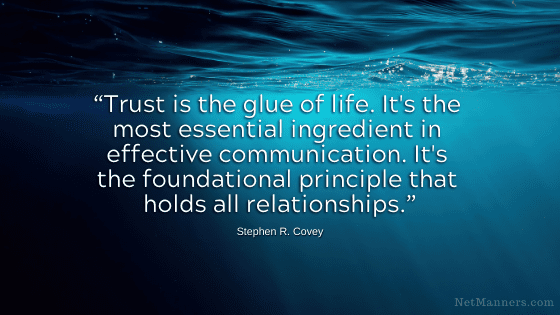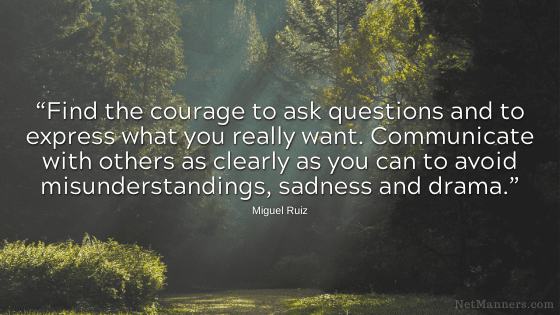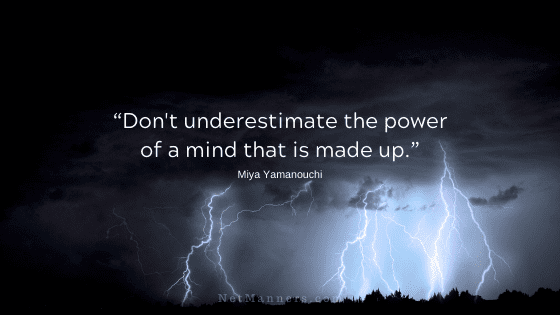After all these years, is typing in caps still considered yelling?

Does typing in all caps still indicate that the sender is yelling at you? Even after all these years? Based on the number of folks asking me about this, they want confirmation about what typing in caps really means.
Well, that meaning can be subjective — and that’s the problem. And the same email read by different folks can be interpreted differently.
Just Don’t Type in All Caps
These questions originate from onliners who receive an email with only certain portions or phrases typed in all caps. Their query indicates that they are not quite sure what the sender meant.
Additional questions follow: “Were they really ‘yelling’ at me?” “Does typing in red caps mean more than plain caps?”
They’ve read that caps mean yelling online but aren’t sure how someone they know typing that way applies specifically to them. They do not always intend to yell; more so, they are emphasizing what is capped.
What is risky about communicating in this manner is that the level of emphasis is subjective. I cannot know the intended intensity without seeing the entire email for context or knowing the person and their relationship. Those who know each other often assume more when determining the implied level of emphasis and subsequent emotions that follow.
That’s The Rub
When you cap or bold, you leave the level of emphasis up to the recipient to determine. So these folks knew the sender added some emphasis, but they aren’t sure how much. (I think they know exactly how much but may not like it.)
The formatting of email text is a source of many misunderstandings. Because senders are not being transparent with their intent, they cap their words, not fully understanding how they will be perceived.
They assume the other side will know what level of emphasis they meant. But, in my experience, the other side will always apply more emphasis than supposedly intended.
If you use formatting of any kind for emphasis, plan on that. Another misunderstanding may now commence.
Choose Words, not emphasis.
Those who type in all caps and bold and increase font size do so without worrying whether they are overemphasizing. If they stopped and thought about their actions, they would admit they knew precisely what they were doing.
They then tend to get defensive when the other side reacts in kind. Since the inception of email (before Judith, BTW), typing in all caps has been a way of accentuating your meaning. Yelling, screaming, whatever you want to call it, typing in caps, makes a point.
After all these years, folks still do not realize what words they use and how they type them will make a considerable difference. Formatting anything in an email will impact the overall tone of your email.
Determining Intent and Tone
How does the person on the other side comprehend your intent or meaning? By the words you choose, how you use them, and how you may decide to format them. That’s it. That’s all they got.
If you use bold, specific terms, make them red and put them in a larger font. What do you think the person on the other side will think? That you are making a point. And a strong point at that. Otherwise, why did you make an effort to format those particular words?
So don’t get miffed when the return reply assumes you were doing just that. Instead, own it and explain further if you are misunderstood. Then, refrain from doing so in the future.
Whether you like it or not, these perceptions will be there. A solid vocabulary and command of English negates the need for formatting. Just choose the right words to avoid unnecessary emotional reactions and misunderstandings.







